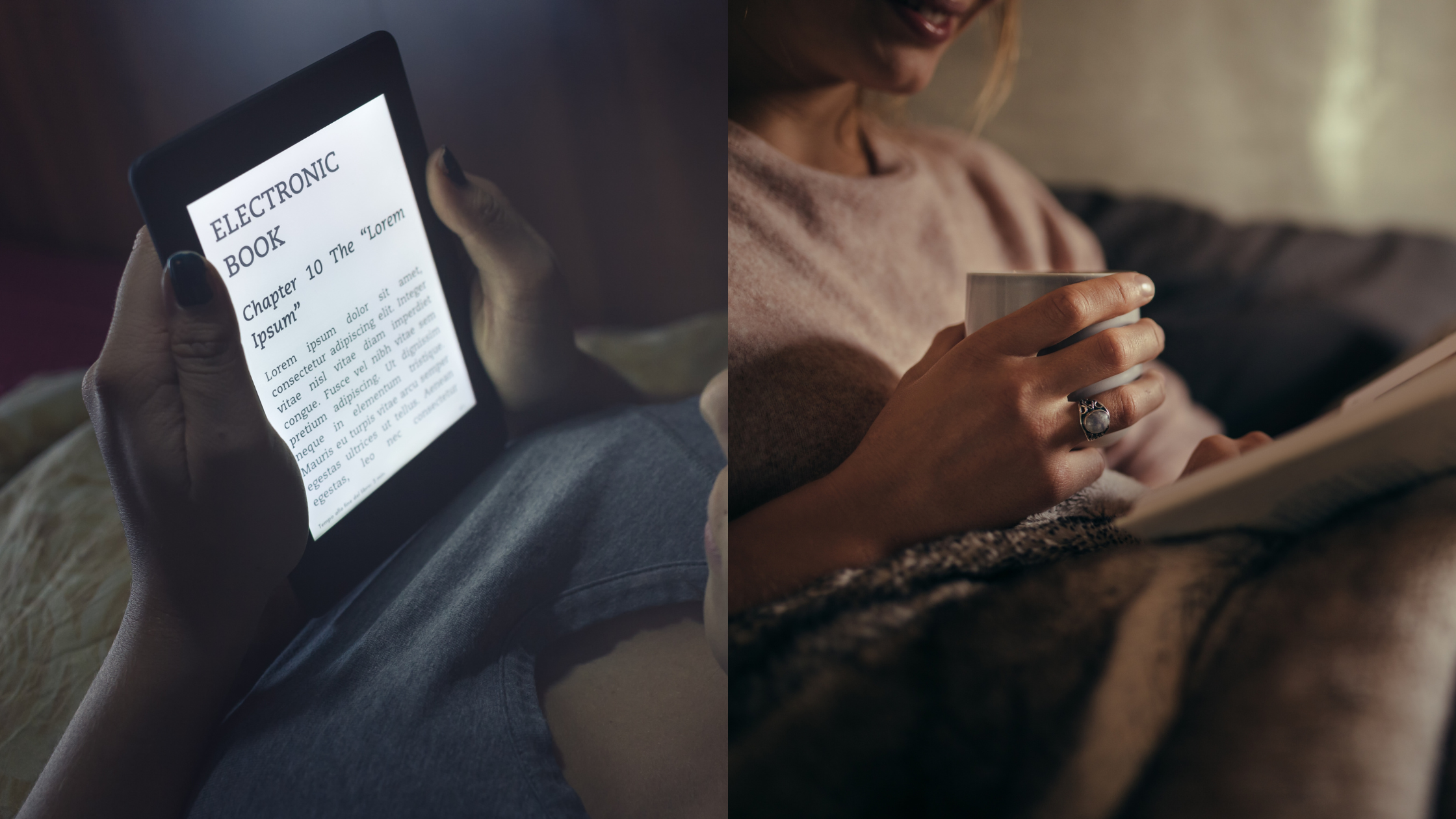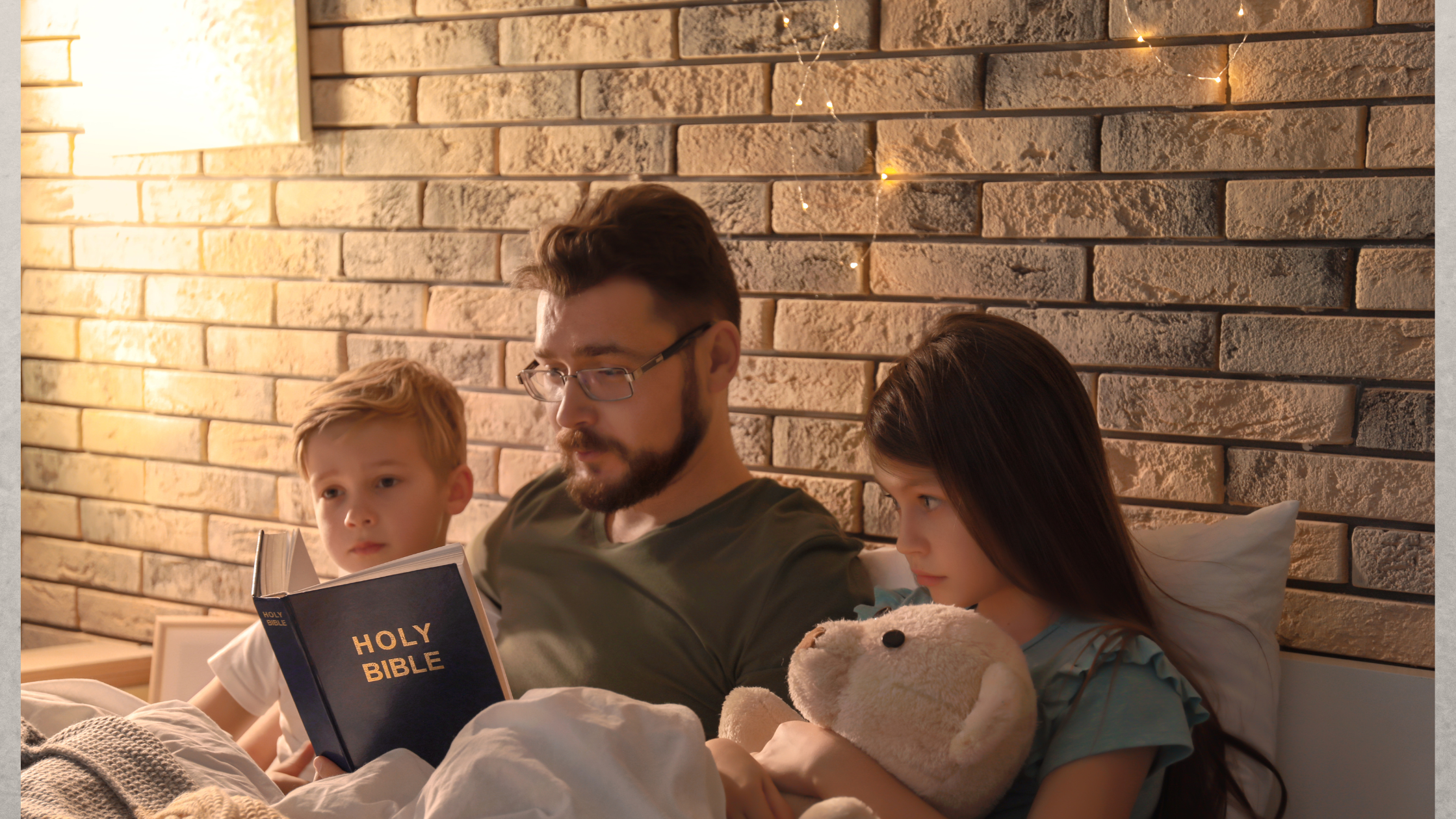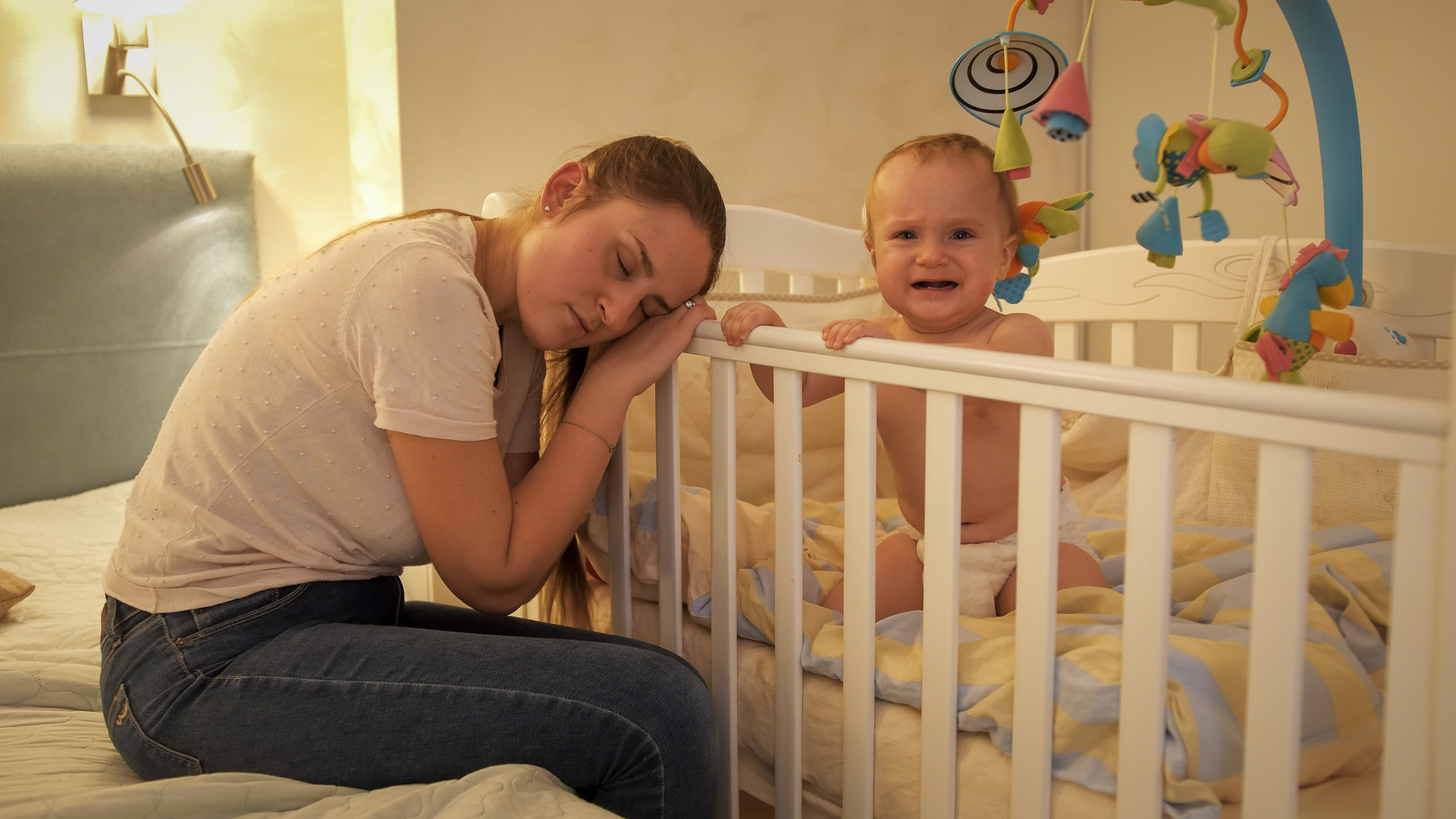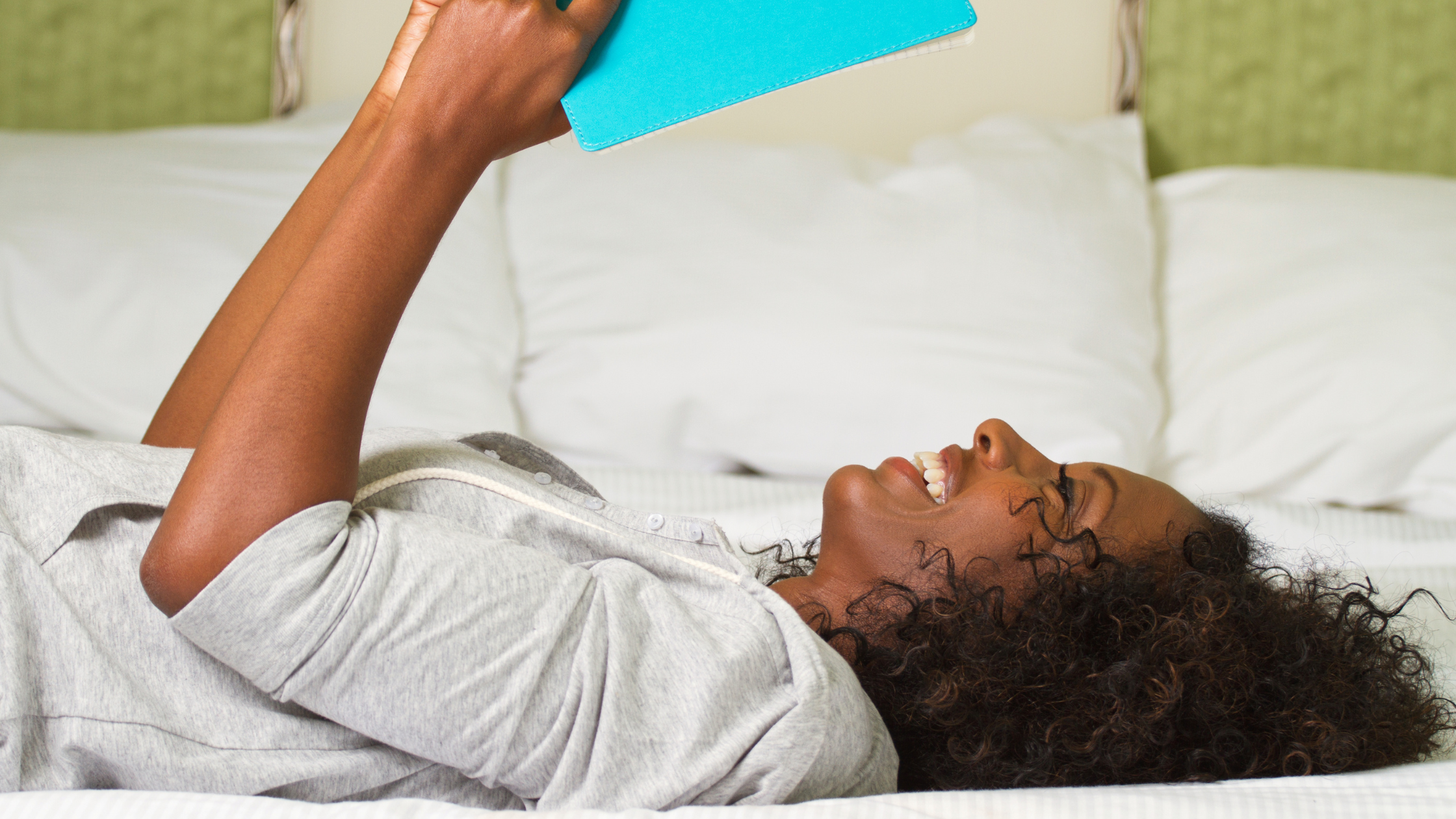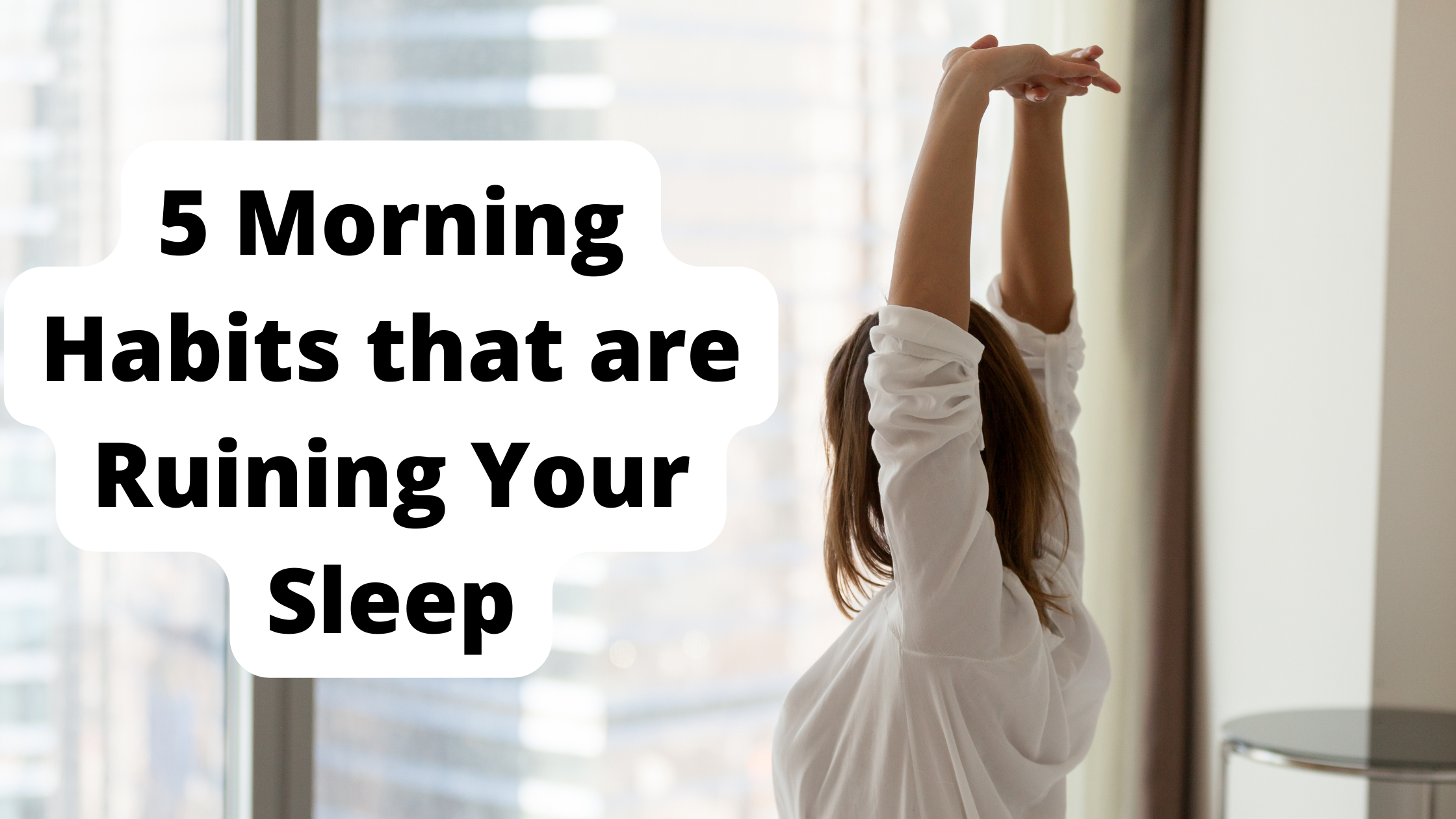The timeless ritual of bedtime reading has long been cherished as a way to unwind and prepare for a restful night. But with the rise of e-books and digital devices, many people are left wondering: does it matter if you read on a screen or a physical book before bed? As it turns out, the choice can significantly impact your sleep. Let’s dive into the differences between e-books and physical books and how each affects your ability to rest.
E-Books vs. Physical Books: Which Is Better for Your Sleep?
The Benefits of Reading Before Bed: Better Your Sleep and Well-being
In a world dominated by screens and constant connectivity, finding a way to unwind at the end of the day can be challenging. One timeless and effective method to promote relaxation and better sleep is reading before bed. This simple habit offers a multitude of benefits for your mental, emotional, and physical health. In this blog post, we’ll explore the numerous advantages of reading before bed and how it can enhance your overall well-being.
The Alarm Dilemma: Unraveling the Impact of Multiple Alarms on Sleep
In the realm of modern living, where time is of the essence, many individuals rely on multiple alarms to jolt them awake and kickstart their day. While the intention is to ensure punctuality, the impact of multiple alarms on sleep is a topic that warrants closer examination. In this blog post, we'll explore the potential consequences of relying on multiple alarms and offer insights into fostering a healthier wake-up routine.
You may be so excited when your baby starts sleeping through the night, and then very confused and frustrated when that suddenly stops. This is called sleep regression, and some babies to through it at various times of their development. Continue reading to learn more about what a sleep regression is, and what you can do about it to help you and your baby get better sleep.
On this site, we talk a lot about sleep hygiene and creating a good sleep routine. One activity that is often recommended is reading a book before bed. Reading before bed is a fun, relaxing activity that often does not expose you to blue light (unless you read on an electronic device) and can help your brain wind down before bed.
Continue reading to learn the benefits of reading before bed and other tips to help optimize this activity.
Since the COVID-19 pandemic, remote work has flourished. Prior to the outbreak, about 23% of workers worked from home. Throughout the pandemic, this number has risen to 71% and settled at about 59%. More jobs are offering remote positions as remote working seems to be more convenient and flexible.
This means that more and more workers are working from home than ever before. Although this is fantastic for many workers, it's creates an issue in terms of the normal daily schedule that used to structure our lives. This can include changes in sleep. Continue reading to learn how to get good sleep as a remote worker.
"Don't go to sleep with wet hair, or you'll be sick" is a word of caution, as old as time. Mothers warned their daughters about the risks of going to sleep with their hair wet. No matter how tired you were, it was important for you to at least blow dry your hair to avoid this impending illness.
But is that actually true? Continue reading to learn more about the truth about sleeping with wet hair.
Breaking up can be a really devastating event in your life. When you are emotionally, financially, and physically invested in someone, separating from them can be a truly heartbreaking series of events. The longer and more tangled you are with them, the more of your life that is disrupted and has to be changed.
One part of your life that my be particularly disrupted is your sleep. Post-breakup insomnia is a series issue. Not only are you going through this emotionally distressing time, but you are becoming sleep deprived. Sleep deprivation has its own set of consequences, including mood dysregulation, lack of attention, focus and memory, and reduced optimal functioning. Add a break up to that, and getting through the day may seem practically impossible.
Continue reading for some tips to help you get a good night's sleep, even if you are going through a heartbroken time.
We focus a lot on what you do at night and how to have a stellar nighttime routine for sleep. However, your morning routine can also impact your sleep. Getting enough sleep is vital for optimal functioning, and physical/emotional wellbeing. There are many adults, however, that don't receive their recommended number of hours of sleep on a regular basis.
The recommended number of hours is 7-8 hours. If someone deviates from this every once in a while, then they can balance it out the following night(s). However, when this is a common pattern, then it leads to chronic sleep deprivation which can lead to regular suboptimal performance.
What you do at night, however, is not the main thing that impacts your sleep. What you do in the morning can also impact your sleep. Here are five morning habits that are actually ruining your sleep.
Patients with cancer have many changes to their lives depending on the type of cancer, treatment or management, and overall disability that they may face. In addition to the emotional pull that cancer has on their lives, these patients may also have trouble sleeping.
Sleeping is very important for the body, as that is the time when healing, repairs, and strength building take place. Sleep can also help with emotional management and mood regulation throughout the processes of cancer treatment. Here are a few tips for managing your sleep if you are a patient with cancer.

